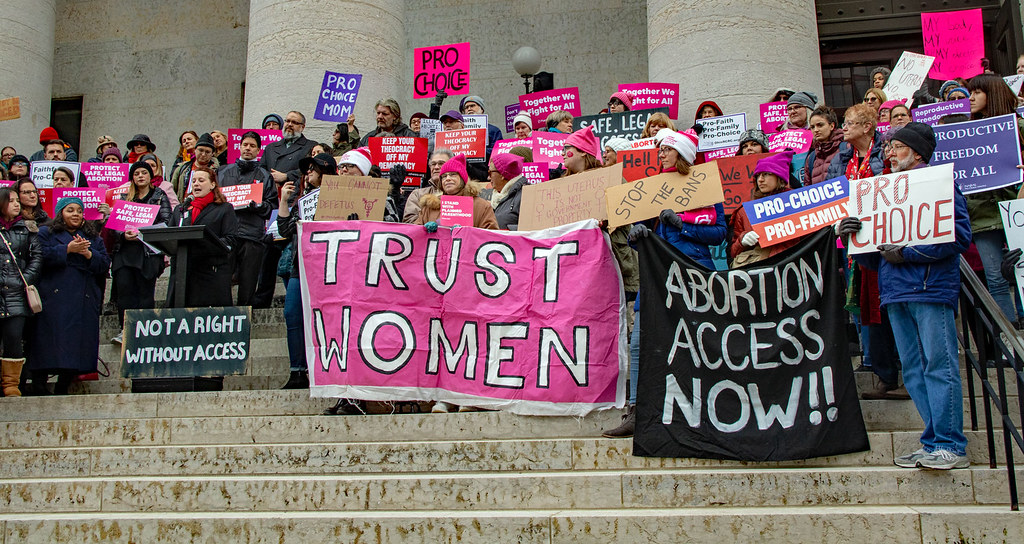
If you know anything about Abortions and what the procedure looks like, it can contain a lot of pain and symptoms that last for days. Some of these symptoms can’t allow women to go about their day normally or anything like that. Throughout the year, many states have attempted to appeal a total abortion ban. The government wants and has to put things in place for workers who can go through or go through an abortion or anything like miscarriage birth, or lactation and cannot work due to the way they feel. This is called the Pregnant Workers Fairness Act. This act was issued on June 27, 2023, and it requires an employer to provide accommodation for an employee who might be affected by pregnancy, childbirth, or any medical related. These employers must abide by this act because of Title VII, the ADA, The FMLA (Family and Medical Leave Act), and the PUMP Act (Providing Urgent Maternal Protections for Nursing Mothers Act).
These laws and acts protect workers from discrimination and require employers to treat workers affected by pregnancy similarly in their ability or inability to work. To be honest, I had no idea the government enforced these laws/acts on people who might be going through a medical condition.

I know someone close to me who went through an abortion procedure. It was like a week of constant bleeding, and feeling nauseous, and it took a mental toll on them. I heard the horror stories of Pro-Life people outside Planned Parenthood chanting “Protect the Unborn” or “Abortion is anti-women”. These outside voices made her think about how important this decision was. Once it was done, she felt relieved. She knew she needed to grow from this experience and live an amazing life being a 22-year-old woman. Coming back home, she had to still do her daily routines because she couldn’t talk about it to her professors without it being looked down upon. Now if it was hard for her to tell her professors imagine a manager or boss. Even though this act could help a lot of employers, it’s still terrifying to open up about a procedure like abortion. This act could help a lot of employers to provide and make accommodations for workers who could be going through it. I think that abortion isn’t talked about very much and the actual process of it. There are two ways to get an abortion which are in-clinic abortion and the abortion pill. Basically through an in-clinic abortion, you have to schedule an appointment for them at Planned Parenthood and choose between Suction/Aspiration Abortion or Dilation and Evacuation Abortion. Through S&A, they use a suction tool to empty your uterus. Through the Dilation and Evacuation two-day procedure, which is for advanced pregnancies, (14-16 weeks) the doctor will put in small dilators called osmotic dilators, which are placed in the cervix and swell to leave the cervix open. The one performing the procedure will insert a speculum into the vagina while they take out the dilators. After, they will use their suction tools to remove the pregnancy. Throughout these procedures, it’s common to bleed, and feel nauseous, so doctors recommend being on bed rest.
With all this being said, you can see how all the steps that one goes through during an abortion can be stressful and can affect their mental health.
After Roe v. Wade, I was convinced that the government was doing everything in their power to make women suffer but pro-choice individuals are trying their hardest to provide the resources for them to be okay. It’s still important to voice our opinions for future generations.
It’s also important to show love and appreciation to those who are going through a hard time after an abortion. For those experiencing a procedure, make sure to process those emotions and seek professional help. To conclude, the aftercare of abortion is something that takes time both mentally and physically. It’s important to be rested, manage the pain, practice self-care, and seek support. Always know that there’s going to be someone who has experienced the same thing and you’re not alone.
